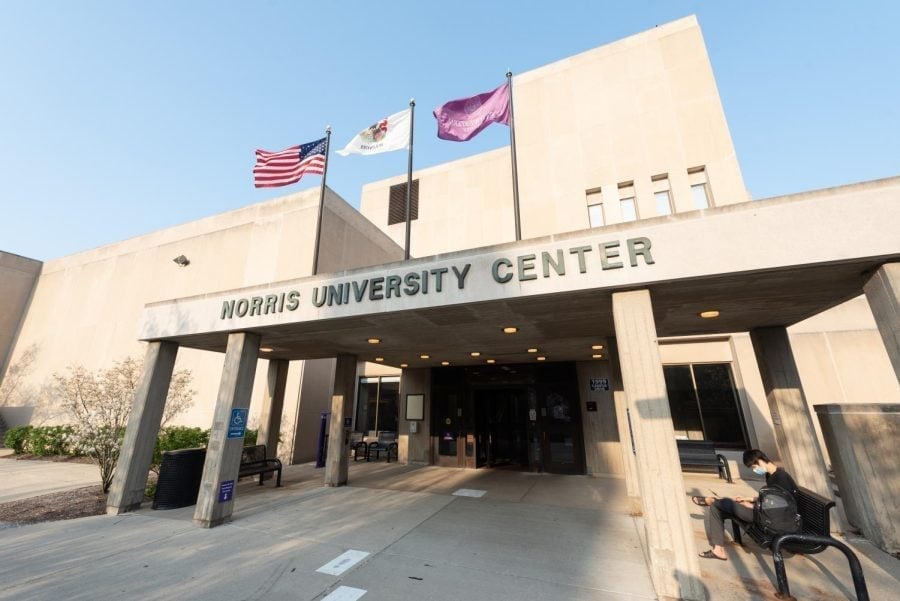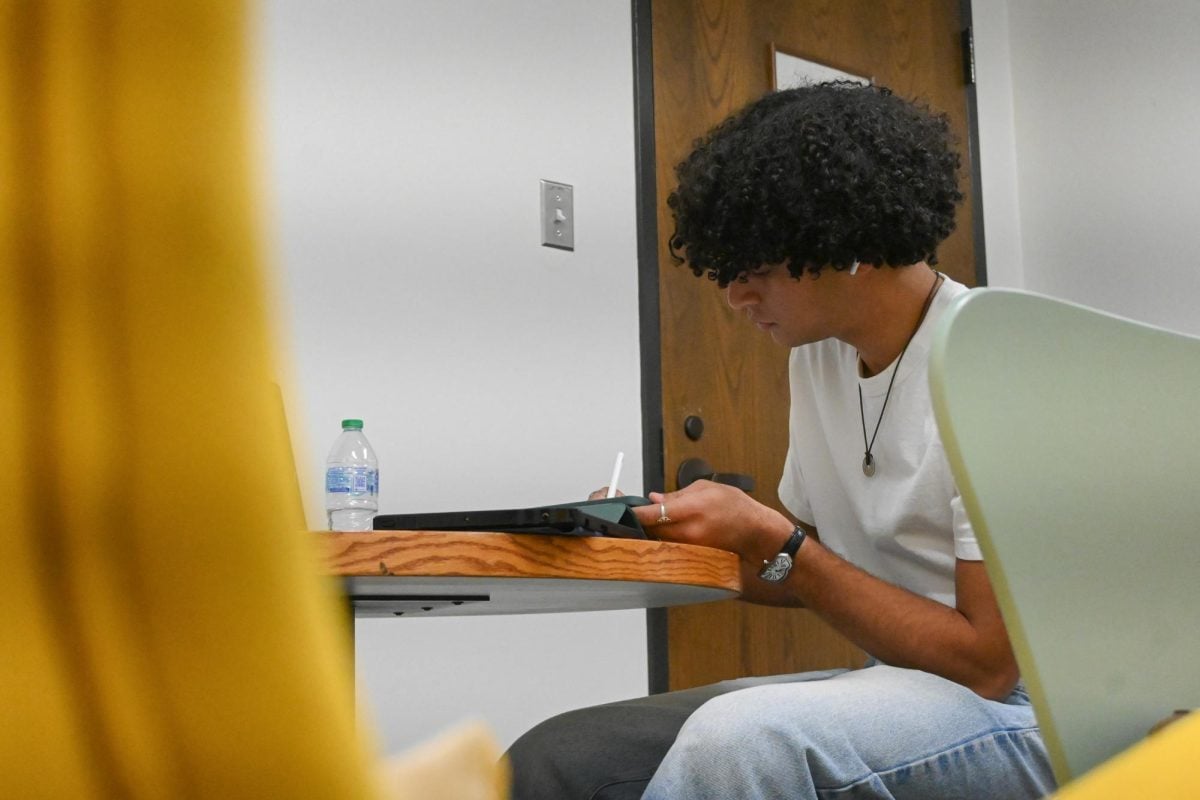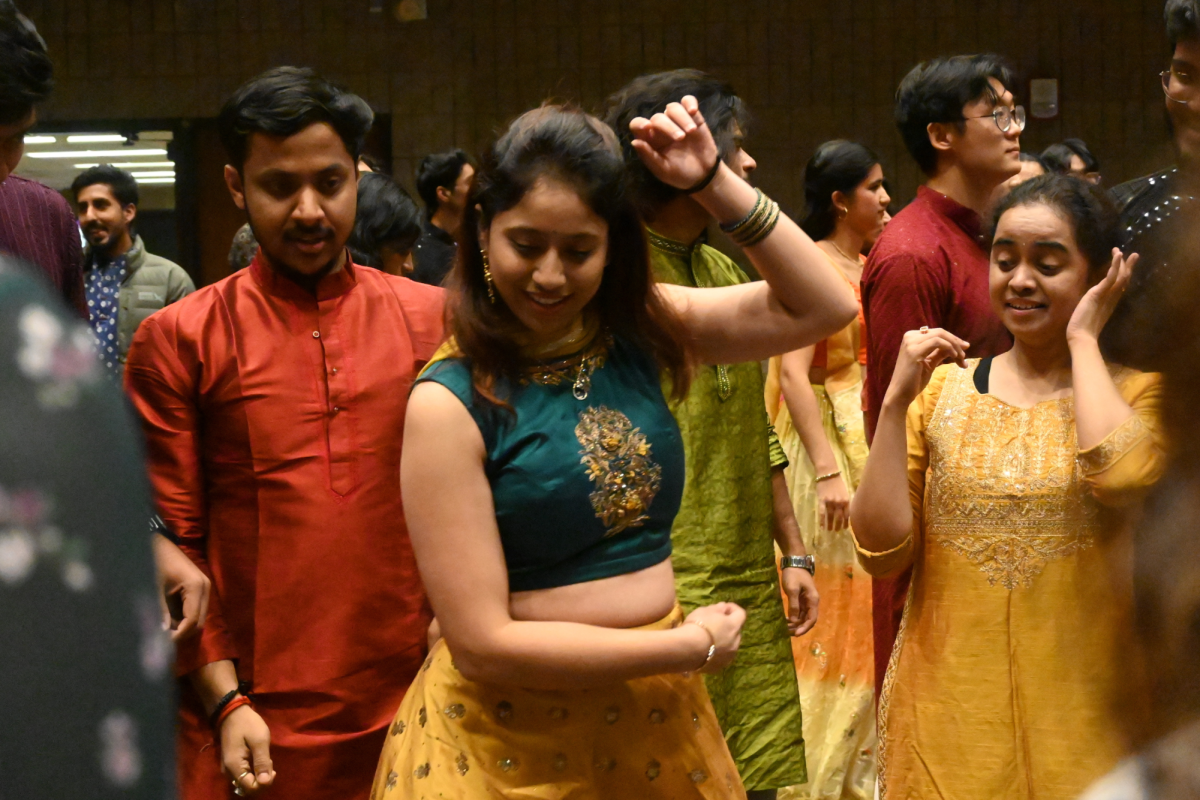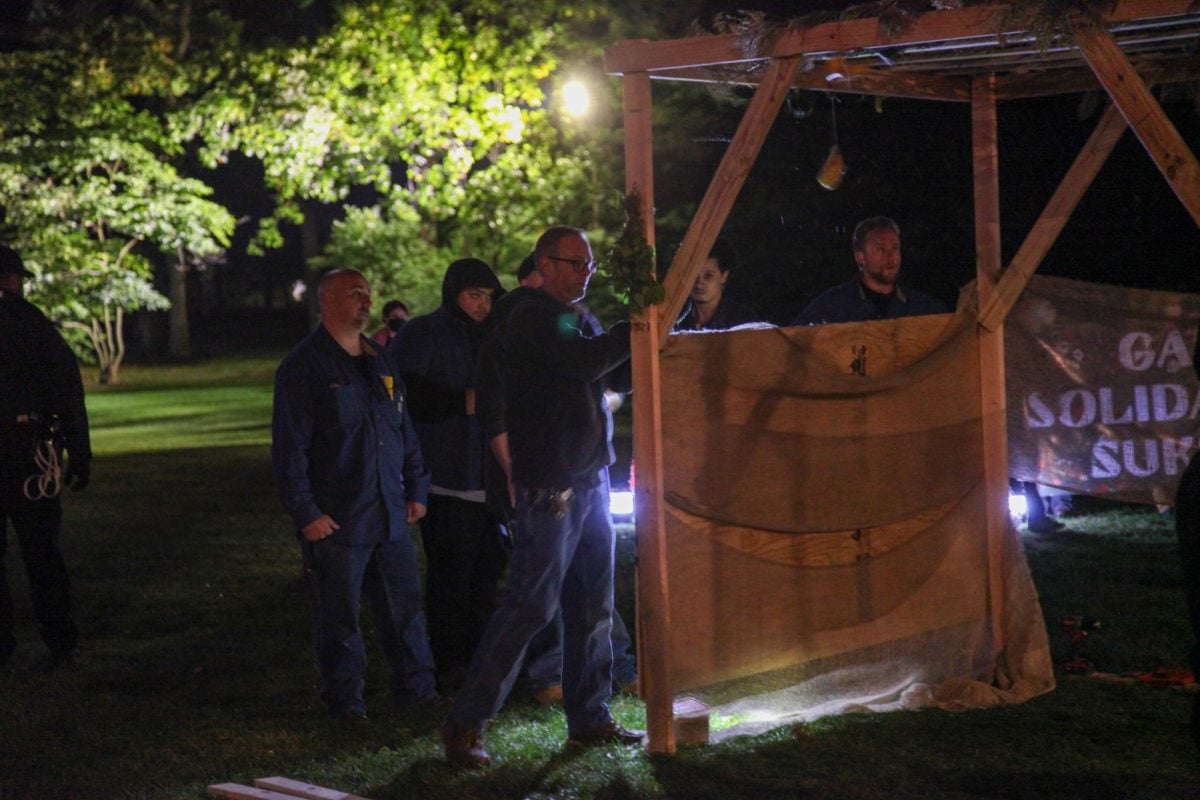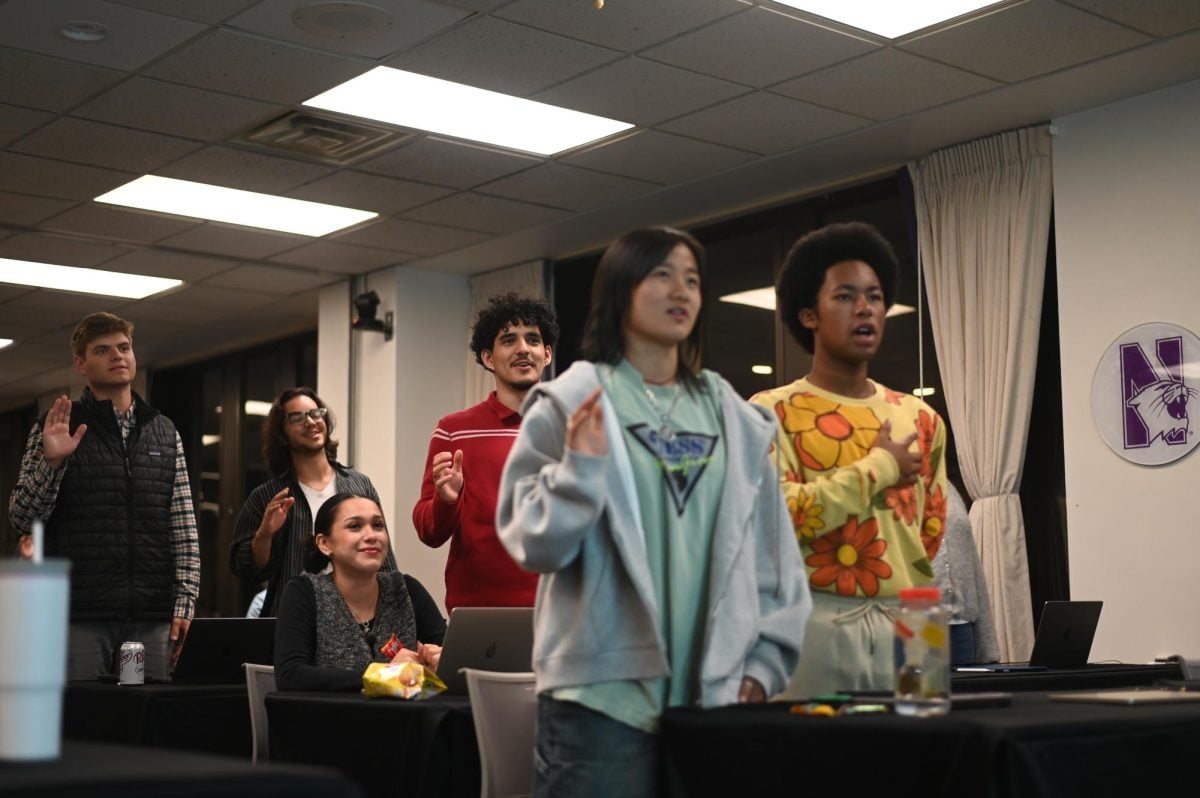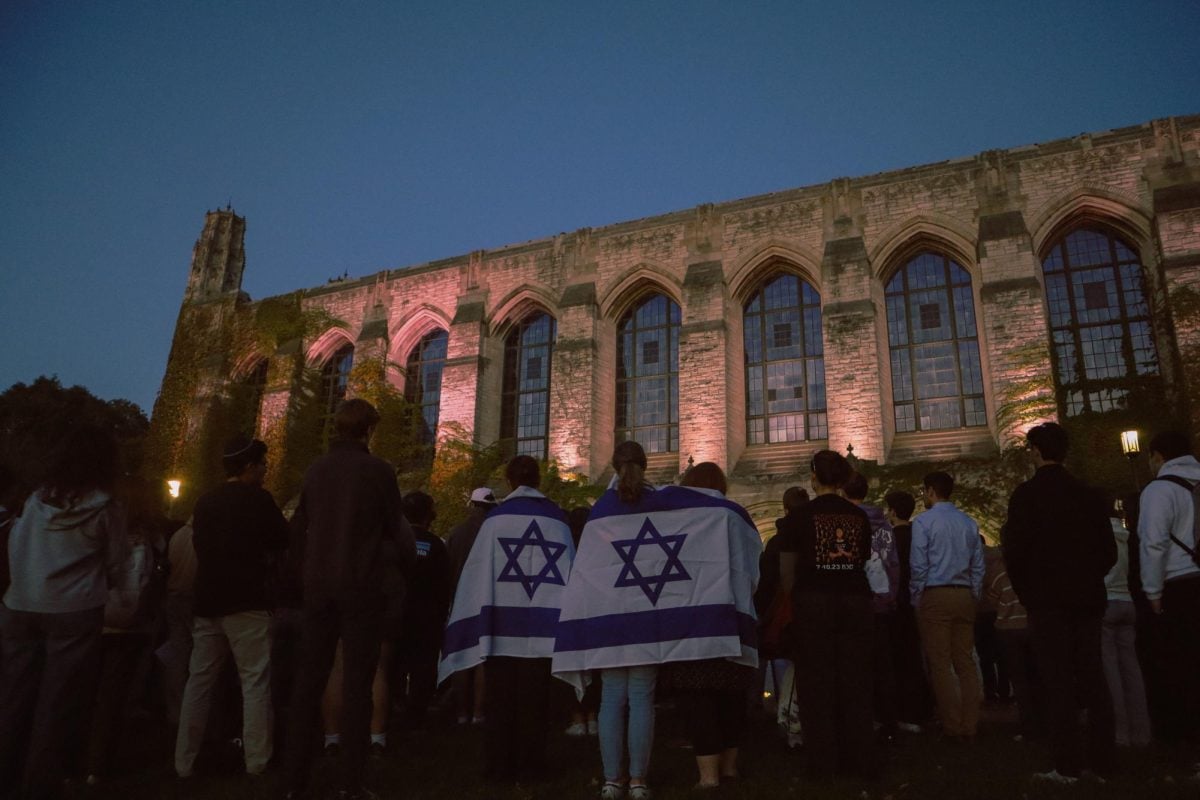Professor and local religious scholar Omer Mozaffar discussed mental health in the context of Islam on Thursday, noting its lack of recognition in the Muslim culture and the importance of love and nourishment in fighting depression.
Mozaffar, a Loyola University Chicago professor who is well-known in the region, spoke to about 25 students in the Norris University Center Lake Room in a discussion hosted by the Northwestern Muslim-cultural Students Association. He spoke about how many Muslims think mental illnesses are caused by a lack of faith rather than medical issues.
“The first big problem in our community is that we think that mental health is nonexistent,” Mozaffar said. “This is a very serious reality in our community.”
In his talk, Mozaffar engaged students in discussion about different emotions and analyzed mental health through the Islamic paradigm of the mind, body and heart, noting each had a separate depression and treatment.
Focusing on “depression of the heart,” he said it is often triggered by lack of true love and nourishment that can lead to negative self-worth and dangerous behavior. Mozaffar urged students to seek professional advice and to help and love one another if they feel depressed.
He also encouraged students to try and make peace with their emotions when they feel angry.
“You can convert the rage or anger in the release of tears or laughter,” Mozaffar said. “It will release the pent-up energy and put it in a positive direction.”
The discussion was one of McSA’s weekly programming events. Mozaffar also holds a weekly session analyzing the Quran and knows many students in the NU Muslim community.
McSA administrative vice president Imtisal Khokher said she reached out to Mozaffer because he is a beloved professor in the NU and Chicago communities who pushes students to think deeper and engage more with Islam.
Zeeshan Shah, a McCormick graduate student who attends Mozaffar’s weekly religious meetings, said his biggest takeaway was Mozaffar’s advice on the importance of gratitude in fighting feelings of anger.
He said he liked that Mozaffar encouraged Muslim students to critically engage religious texts that they are normally told not to question. Shah agreed that in Islam mental health is not viewed as a serious medical issue.
With the recent push on campus for more mental health attention, Shah said he thought the event was very timely.
“I believe there is a lot of stress on mental health,” he said. “Christians on campus do a lot of things. We don’t do enough.”
Khokher, a Weinberg sophomore, said she organized the event because she thought mental health was an important topic that did not receive enough attention, especially in Islam.
She said, like Mozaffar, she had noticed the Islamic culture often turns to faith to solve the issue.
“They want religion to be the answer to everything,” she said. “Unfortunately, sometimes it doesn’t solve every mental issue.”
Mozaffar’s talk brought important attention to recognizing the issue, Khokher said.
“Acknowledgement is the first step to be able to reach out to someone who needs help,” Khokher said.
Correction: An earlier version of this article misstated where Omer Mozaffar works. He is a professor at Loyola University Chicago. The article also misspelled Imtisal Khokher’s name. The Daily regrets the errors.

